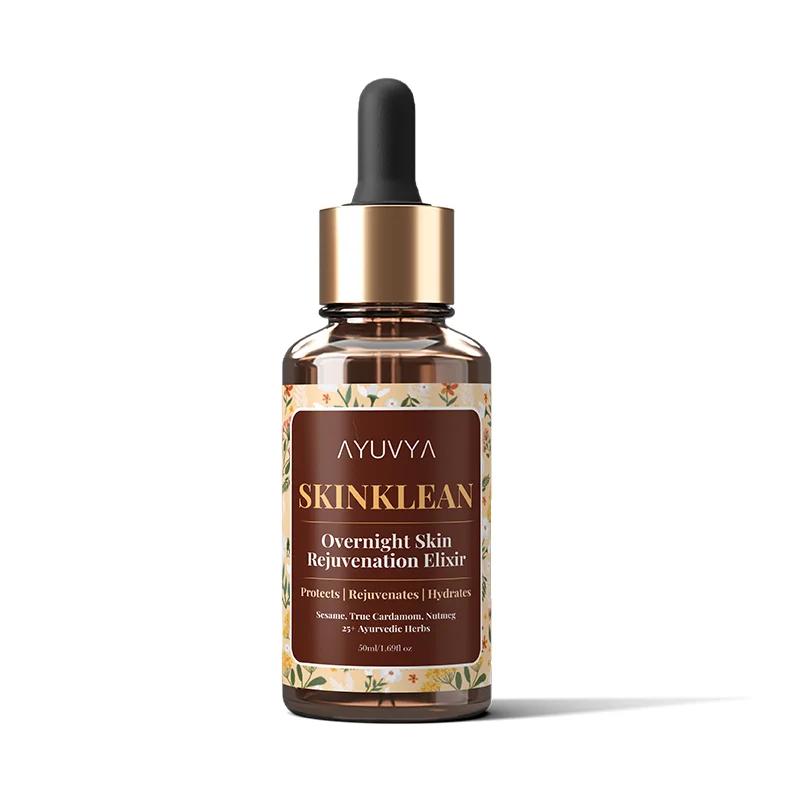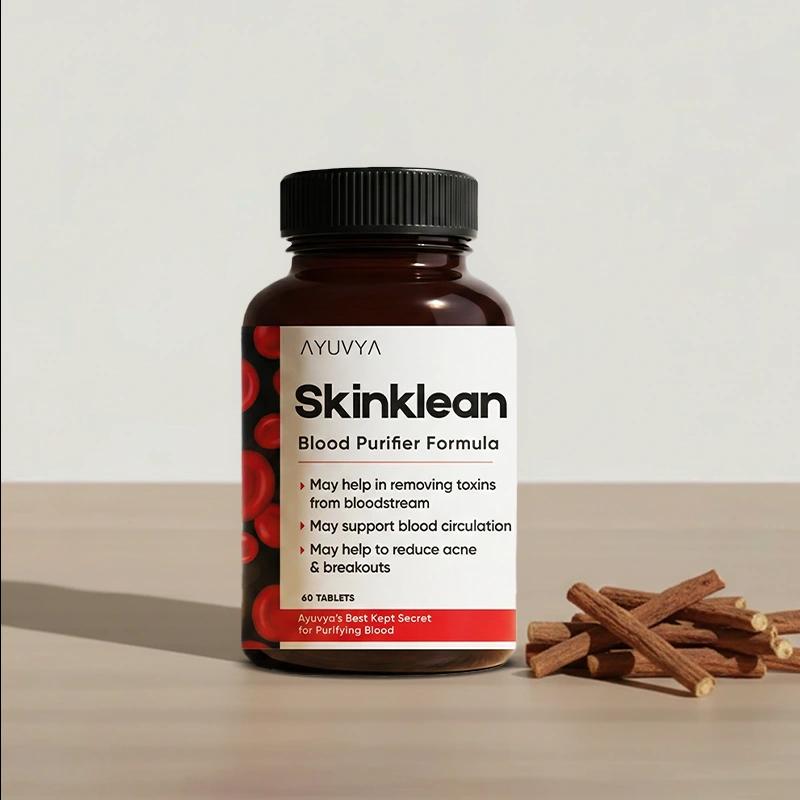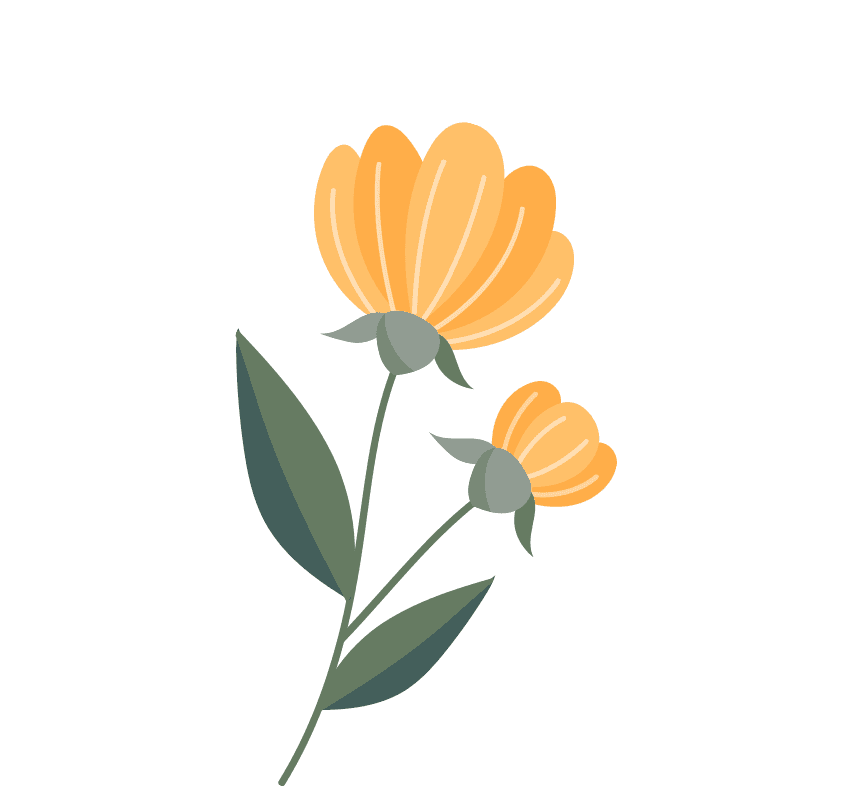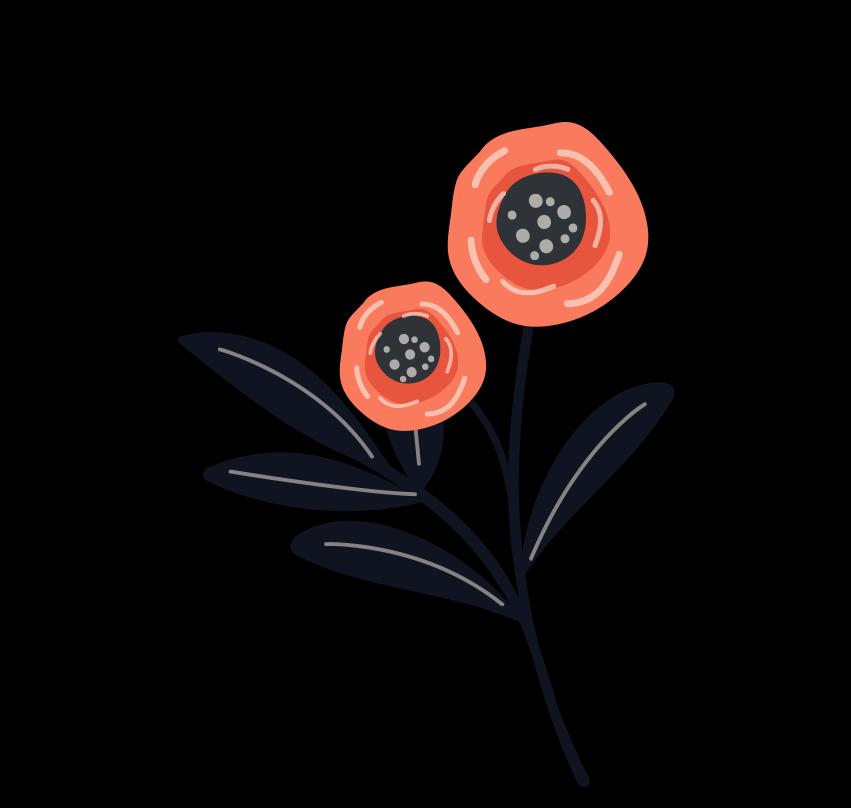Treating Skin Rashes And Eczema Using Ayurvedic Remedies
Apr 25, 2024

Skin rashes and eczema are common dermatological conditions that affect individuals of all ages, causing discomfort and, sometimes, significant distress. Eczema, or atopic dermatitis, is characterized by inflamed, itchy, and flaky skin. It can manifest in various forms, such as atopic eczema, discoid eczema, xerotic eczema, and contact dermatitis, each with distinct triggers and symptoms.
Table of Contents:
- What are the Common Causes of Eczema?
- Different Types of Eczema
- What are the Symptoms of Eczema?
- Understanding the Chronic Nature of Eczema
- How Long Does Eczema Last?
- Body Parts Affected by Eczema
- Common Remedies for Eczema
- Natural Method to Treat Eczema and Skin Rashes
- Conclusion
- FAQs
The primary signs include dry skin, intense itching, and the appearance of rashes on different body parts. Factors contributing to eczema and skin rashes include genetic predisposition, environmental allergens, stress, and an imbalanced immune response.
What are the Common Causes of Eczema?
Eczema's exact cause is not fully understood, but it is believed to result from a combination of genetic and environmental factors:
Genetic predisposition: A family history of eczema, allergies, or asthma increases the risk.Genetic predisposition: A family history of eczema, allergies, or asthma increases the risk.
Skin barrier dysfunction: A compromised skin barrier fails to retain moisture and protect against irritants and allergens.
Immune system overactivity: The immune system may overreact to harmless substances, leading to inflammation.
Environmental triggers: These include irritants (soaps, detergents), allergens (pollen, pet dander), microbes, hot or cold temperatures, foods, stress, and hormones.
Different Types of Eczema
Atopic Eczema
Atopic eczema is most common in children under 10 but can affect individuals of any age. It begins with dry, itchy skin that evolves into rashes and small, raised bumps, primarily behind the knees and on the chest. Excessive scratching can make the skin sensitive and sore.
Discoid Eczema
Also known as discoid dermatitis, this type features chronic inflammation, itching, and crusty patches that may ooze pus. It can spread across the body or remain localized in circular patches. Discoid eczema often affects adults and can recur sporadically.
Xerotic Eczema
Xerotic eczema, or winter itch, results from extreme skin dryness due to cold weather, leading to patchy, rough skin with scaling. It's exacerbated by factors like zinc deficiency and diuretic medications. Proper moisturization can alleviate symptoms, though severe cases may require medical attention.
Contact Dermatitis
This occurs when the skin reacts to direct contact with allergens or irritants, such as jewelry, fragrances, or cosmetics, leading to rashes, itching, inflammation, and burning sensations. Avoiding the triggering substance and maintaining skin hygiene can help heal contact dermatitis.
Venous Eczema
Primarily affecting older individuals, venous eczema causes dry, flaky skin with redness and visible veins, especially on the lower legs. It's also known as gravitational eczema due to its tendency to affect the lower parts of the body.
Nummular Eczema
Nummular eczema is a distinct, coin-shaped (nummular) spot on the skin. These spots can be itchy, scaly, and sometimes ooze fluid. Unlike other forms of eczema, nummular eczema doesn't necessarily follow the typical patterns of atopic dermatitis and can be triggered by skin injuries, such as burns, abrasions, or insect bites.
What are the Symptoms of Eczema?
Eczema symptoms can vary widely among individuals but typically include:
Dry, sensitive skin: The skin loses moisture, becoming dry and prone to irritation.
Intense itching: This is often the most distressing symptom, which can worsen at night.
Red, inflamed skin: Affected areas can become red (on lighter skin) or brown, purple, or gray (on darker skin).
Rough, leathery patches: Chronic scratching and irritation can lead to thickened skin.
Oozing or crusting: Blisters may form, especially when the skin is infected.
Swelling: In response to inflammation, affected areas may swell.
Understanding the Chronic Nature of Eczema
Eczema is a long-term skin condition that affects people of all ages. It's characterized by itchy, red, and dry skin, which can sometimes lead to blisters and oozing lesions. The duration and severity of eczema can vary greatly from person to person. While it's a chronic condition, meaning it can last for a long time, the intensity of its symptoms can change over the years.
How Long Does Eczema Last?
For many, eczema begins in childhood, often before the age of 5. A significant number of these children can see their eczema improve or completely resolve by the time they reach adulthood. However, it's not uncommon for some adults to continue experiencing symptoms or have new flare-ups after years of remission.
Body Parts affected by Eczema
Eczema can affect any part of the body, but common areas include:
Face and neck
Inside the elbows and behind the knees
Hands and feet
Scalp
Common Remedies for Eczema
While there is no cure for eczema, several remedies can alleviate symptoms:
Moisturizing: Regularly applying moisturizer helps prevent dryness and irritation.
Topical corticosteroids: These reduce inflammation and are used during flare-ups.
Antihistamines: These can help control itching, especially at night.
Topical calcineurin inhibitors: These reduce immune system activity in the skin, decreasing inflammation.
Phototherapy: Exposing the skin to controlled amounts of natural sunlight or artificial UV light can improve symptoms.
Dietary changes: Identifying and avoiding foods that trigger symptoms can be beneficial.
Natural Methods to Treat Eczema and Skin Rashes
Ayurveda provides a lot of natural remedies that can effectively treat eczema and skin rashes, focusing on balancing the doshas and purifying the body.
1. Use of Aloe Vera
Aloe Vera stands out as a miraculous herb in Ayurveda for its soothing, moisturizing, and healing properties. Applying fresh aloe vera gel directly to the affected area can calm irritated skin, reduce inflammation, and facilitate the repair of damaged skin cells. This makes it an excellent remedy for skin eczema ayurvedic treatment.
2. Oatmeal Baths for Skin Relief
Colloidal oatmeal baths are highly recommended for individuals suffering from dry, itchy skin associated with eczema. The soothing properties of oatmeal can help exfoliate dry skin and remove dead skin cells, offering significant relief from itching and inflammation.
3. Coconut and Sunflower Seed Oil
Dry skin is a common trigger for eczema flare-ups. Regular application of coconut oil or sunflower seed oil can deeply moisturize the skin, repair damage, and alleviate symptoms such as itching, inflammation, and hyperpigmentation. These oils are considered some of the best home remedies for skin allergy and itching.
4. Practice Yoga for Stress Relief
Stress is a well-known trigger for eczema. Including yoga in your daily routine can improve blood circulation, reduce stress levels, and promote relaxation. Asanas such as Bhujangasana, Vakrasana, Trikonasana, and Surya Namaskar are particularly beneficial for managing long-term skin conditions like eczema.
5. Use Natural Herbs
Ayurveda champions the use of natural herbs for their potent anti-inflammatory and antibacterial properties. Herbs such as Triphala, Shatavari, Raktha Chandanam, Tulsi, Turmeric, and Neem can prevent the formation of eczema-causing bacteria and alleviate after-effects. These herbs are integral to the ayurvedic treatment for skin disease eczema.
Final Words
Ayurveda treats skin problems like eczema and rashes by determining what's causing them. It uses herbs, changes in diet and daily habits, and special treatments like Panchakarma to help clear up your skin and keep it healthy.
Adding Ayurveda to your skincare means using natural ways to fight off skin troubles. Brands like Ayuvya focus on making products made from herbs and free from harmful chemicals. These products follow Ayurveda's natural healing methods to help your skin feel and look better. However, it's always better to talk to a doctor or an Ayurvedic expert to get advice that's just right for you.
Frequently Asked Questions
Eczema is a chronic condition, and while it may not be 100% curable for everyone, its symptoms can be effectively managed and reduced through Ayurvedic treatment for skin disease eczema, lifestyle changes, and proper skin care, leading to long periods of remission.
Drinking herbal teas like Chamomile, Neem, or Turmeric tea can help alleviate skin rashes. These teas have detoxifying and anti-inflammatory properties that support skin health from the inside out.
To heal rashes fast, keep the area clean and apply a mixture of Aloe Vera and Turmeric paste. These provide a cooling effect, reduce inflammation, and accelerate healing.
For skin rashes, Ayurvedic oils like Neem oil, coconut oil, and Mahanarayan oil are highly recommended. They offer anti-inflammatory, antibacterial, and soothing properties, making them ideal for skin rash ayurvedic treatment.
The fastest natural cure for eczema involves a combination of moisturizing with natural oils, applying anti-inflammatory herbal pastes, and avoiding triggers. Aloe Vera gel and coconut oil are effective for immediate relief.
Yes, applying ghee to eczema can be beneficial. Ghee, especially when medicated with herbs like Turmeric, can moisturize the skin, reduce inflammation, and aid in healing due to its fatty acid content and soothing properties.
Ayurvedic foods for eczema focus on cooling and purifying the body. Include bitter vegetables, turmeric, coconut water, and ghee in your diet. Avoid spicy, fermented, and processed foods that can aggravate Pitta.
In Ayurveda, the root cause of eczema is considered an imbalance in the Pitta and Kapha doshas, leading to toxin accumulation in the body. These imbalances disrupt the skin's health and immune response, causing symptoms of eczema.
Ayurvedic treatment for skin rashes and itching includes applying herbal pastes like Neem and Turmeric, using cooling oils such as coconut oil, and incorporating detoxifying herbs into the diet. Practices like yoga and meditation to reduce stress are also beneficial.
Ayurveda aims to balance the doshas and eliminate toxins to treat eczema. While a permanent cure may not be guaranteed for everyone, long-term management through a personalized regimen of herbal treatments, dietary changes, and lifestyle adjustments can significantly reduce symptoms.













